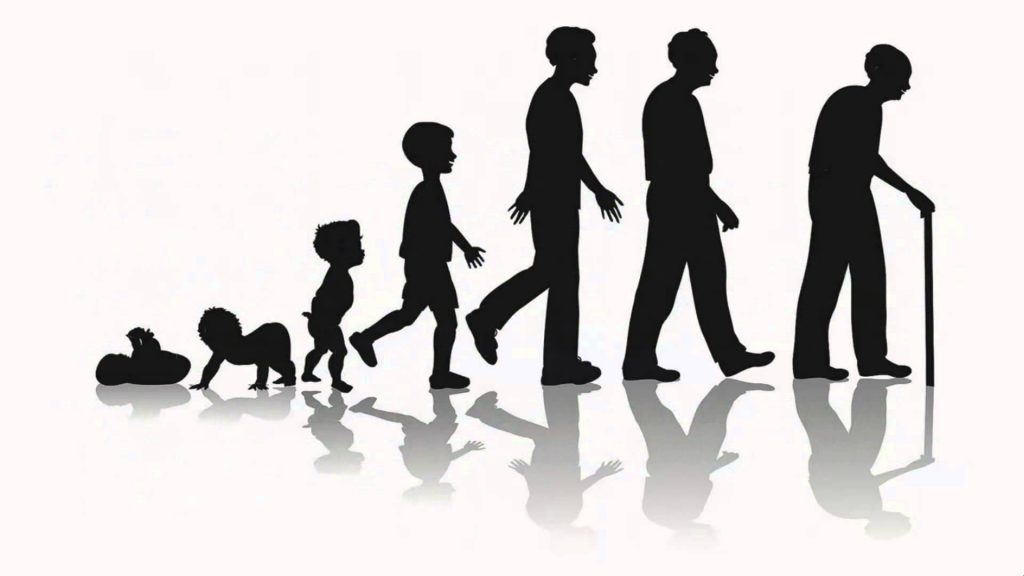May 8, 2018 – Three days back from Aruba and suffering from a head cold and sinus infection, I feel every one of my 69 years today. But it is reassuring to read Peter Diamandis’ take on where aging is heading. He describes how healthcare abundance will make 100 an easily reached goal and points to 150 or 200 as in our future. I have shortened and edited Peter’s words for this posting and hope you enjoy the read.
It’s hard to remember how extraordinary the world is today when we’re bombarded 24/7 by news about problems and disasters. History provides valuable context, however. For example:
- Some 700 years ago, the Plague killed 200 million people in a single year — 40 percent of England.
- About 500 years ago, famine claimed 3 million lives in France.
- 100 years ago (in 1918) World War I claimed 16 million lives, while the flu pandemic caused 50 million deaths. All in a single year.
If these were our current headlines, we would be in shock. We forget how much the world has progressed in the past century alone. The per-capita income for every nation on the planet has tripled. The human lifespan has doubled. The cost of food has dropped thirty-fold. The cost of transportation hundreds-fold. The cost of communications millions-fold.
The human lifespan is another way to contextualize progress:
- During the days of the caveman 100,000 years ago, the average lifespan was no more than the late 20s. By age 13, humans went into puberty and began having children. By 26, those parents became grandparents. And since food was scarce in those days, the best thing you could do was “give your bits back to the environment,” so to speak, and not consume food and other resources that would otherwise have gone to your grandchildren.
- In the Middle Ages, the average human lifespan increased to 35.
- A century ago, it was only the mid-40s.
- Today, it’s around 80.
One of my missions is to discover how we can add 20, 30 or more healthy years to our lives.
How do we make 100 years old the new 60?
And once we get there how do we extend a healthy human lifespan beyond that? Technology provides us with the answer and the means to empower our species to increase the average lifespan.
And speaking of technology we are about to see an extraordinary revolution in drug discovery. Pharmaceutical companies today are spending decades and billions of dollars to discover molecules that affect us. But soon, quantum computers will allow us to model molecular interactions at a level like never before. Imagine an individual working on a quantum computer on the cloud who can study the interaction of a particular molecule with 20,000 coded proteins in our human genome. With such a tool new drug discovery will go off the charts. And this isn’t happening 30 years from now but in this next decade.
What about communications and longevity? Today 3.8 billion people around the world are connected to the Internet. In the next five years, we’ll see the deployment of the 5G global network with billions more able to access the Internet. SpaceX plans to launch 4,425 satellites will make it possible for everyone to be connected at gigabit speed, a lifeline for health sciences. When we add the technology known as IoT (Internet of Things) we expect to see trillions of sensors deployed with many of them focused on real-time health monitoring whether it be blood glucose levels, blood pressure, microRNAs, Vitamin D levels, and other vital health data. We will all become the CEOs of our own health.
Human genome sequencing which back in the year 2000 cost $100 million dollars and took 9 months for a single read of our DNA, costs $1,000 today. Within two years with Illumina’s newest machines, that cost will drop to $100 and take one hour. This trillion-fold increase in price-performance capability is driving a revolution in cellular medicine, stem cell therapies. It’s extraordinary.
We have the ability, with access to all of the above technologies, to say, “This is the problem I want to solve.”
We have access to everything we need. More knowledge, more computational power on the cloud, more capital, more access to AI. With this abundance of assets, we can stop diseases in their tracks. We can feed a billion more people. We can save a billion more lives. This is the beginning of the age of healthcare abundance. This is the time when 100 will become the new 60. And from there we can go on to talk about getting to 150 or even 200.










